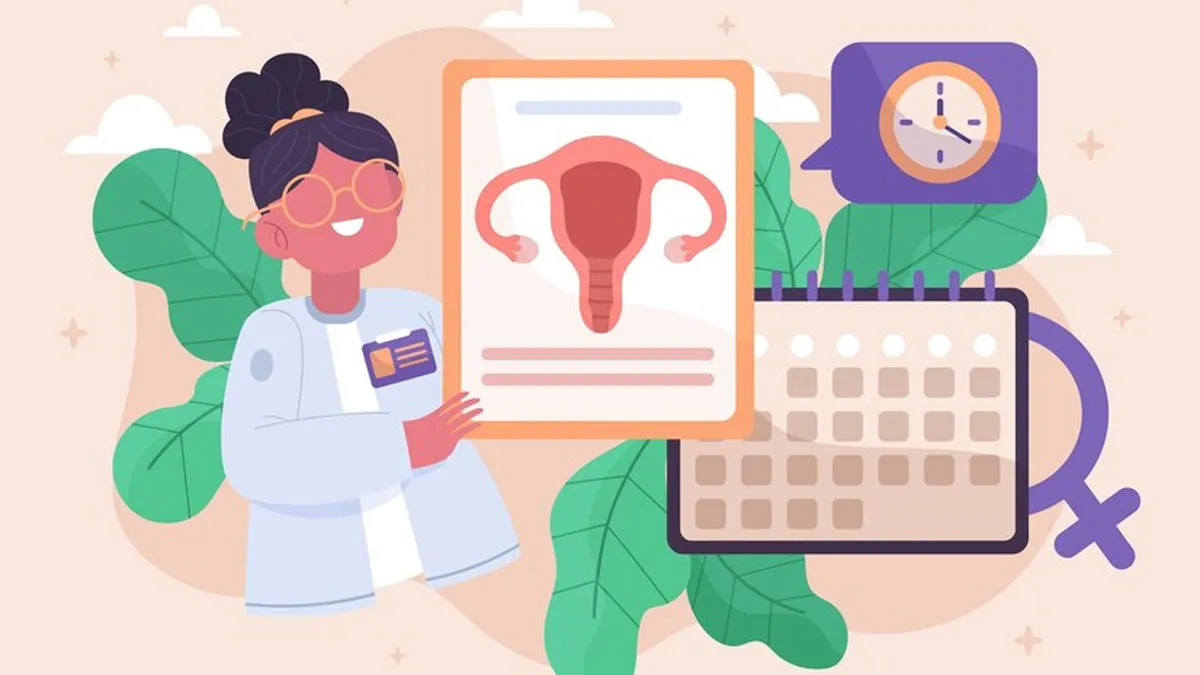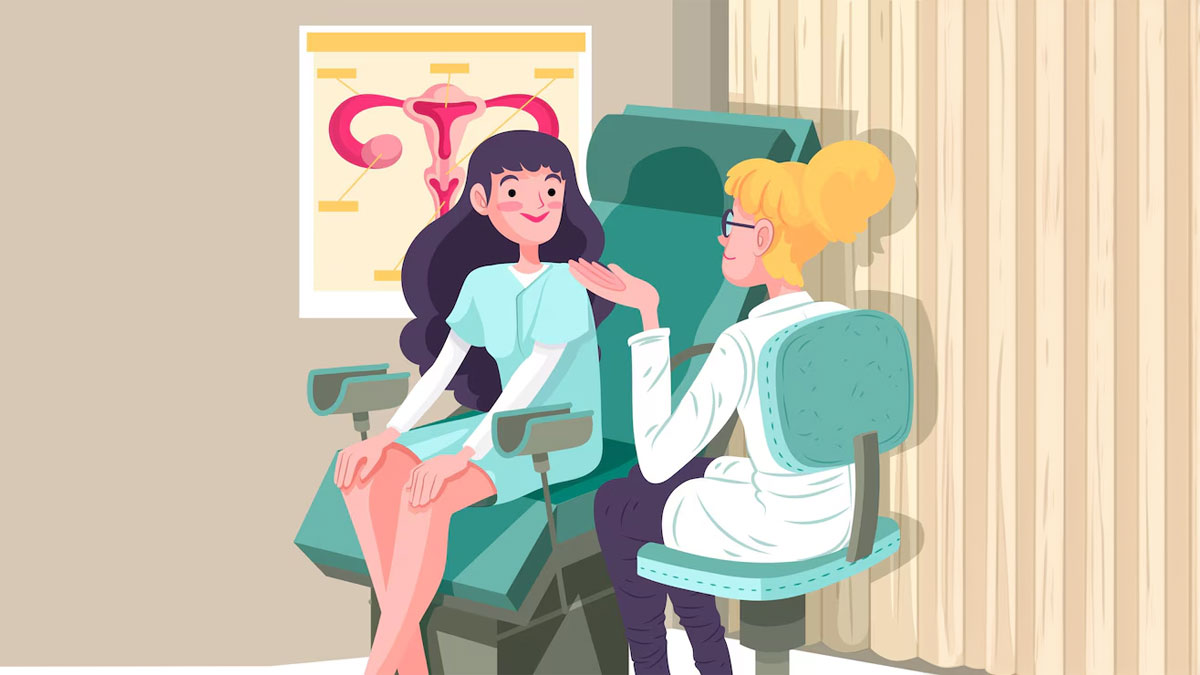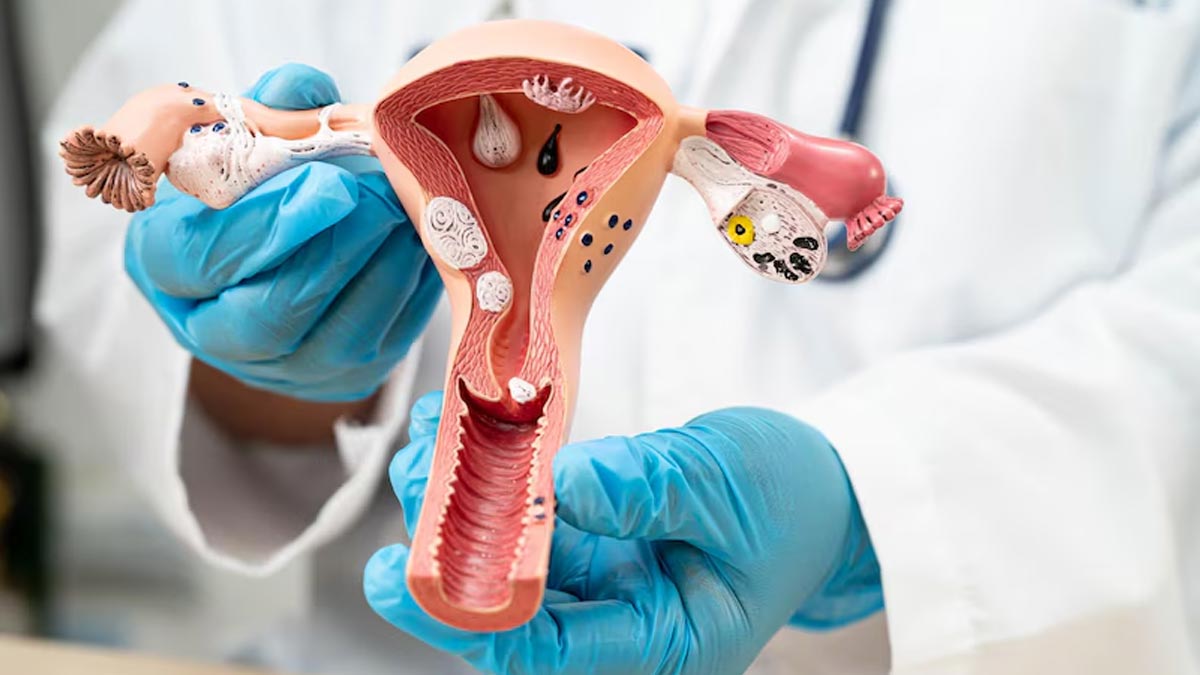
Reproductive health isn’t just a topic for those trying to conceive — it’s a cornerstone of overall wellness. Whether you're planning for a future family, aiming to balance your hormones, or simply want to feel your best, taking care of your reproductive system should be part of your health journey.
Table of Content:-
But here’s the good news: You don’t need a complete life overhaul. In fact, one small, science-backed change can have a significant impact. In an exclusive interaction with the editorial team of Onlymyhealth, our expert, Dr Shrey Srivastav, General Physician and Consultant, Sharda Hospital - Noida, shared everything you need to know!
The Simple Change: Prioritise Sleep
That’s right — getting enough quality sleep is one of the easiest and most effective ways to support your reproductive health.
Why Sleep Matters
Sleep is when your body recharges, balances hormones, and repairs itself. But it’s also deeply connected to your reproductive system.
Hormonal Balance: The sleep-wake cycle (your circadian rhythm) is closely tied to hormone production. Poor sleep can disrupt estrogen, progesterone, and testosterone levels — all crucial for fertility and reproductive function.
Menstrual Health: For women, inconsistent or insufficient sleep is linked to irregular periods, increased PMS symptoms, and even fertility challenges.
Sperm Quality: In men, inadequate sleep has been associated with reduced sperm count, motility, and testosterone levels.
Stress Reduction: Chronic sleep deprivation increases cortisol (the stress hormone), which can interfere with reproductive hormones and ovulation.

Also Read: World Health Day 2025: How Its A Global Call To Prioritise Maternal And Newborn Health
What’s “Enough” Sleep?
Most adults need 7–9 hours of sleep per night. But it’s not just about quantity — quality counts too. Deep, restful sleep is when hormone regulation and cellular repair happen.
How To Improve Sleep — Naturally
Improving your sleep doesn’t require fancy gadgets or expensive supplements. Try these simple, proven tips:
Stick to a schedule: Go to bed and wake up at the same time every day, even on weekends.
Create a sleep-friendly space: Keep your bedroom cool, dark, and quiet. Reserve your bed for sleep and intimacy only.
Power down: Avoid screens (phones, tablets, TV) at least an hour before bed. Blue light can suppress melatonin, the hormone that helps you fall asleep.
Limit caffeine and alcohol: Especially in the afternoon and evening — they both can mess with your sleep cycle.
Wind down naturally: Try calming bedtime rituals like gentle yoga, journaling, or sipping herbal tea.

Focusing on better sleep doesn’t just boost your reproductive health — it improves energy, mood, immune function, and even skin health. It’s a true win-win.
Bottomline
Taking control of your reproductive health doesn’t have to be complicated. By simply prioritising sleep, you’re giving your body the chance to balance hormones, reduce stress, and function optimally.
Also watch this video
How we keep this article up to date:
We work with experts and keep a close eye on the latest in health and wellness. Whenever there is a new research or helpful information, we update our articles with accurate and useful advice.
Current Version